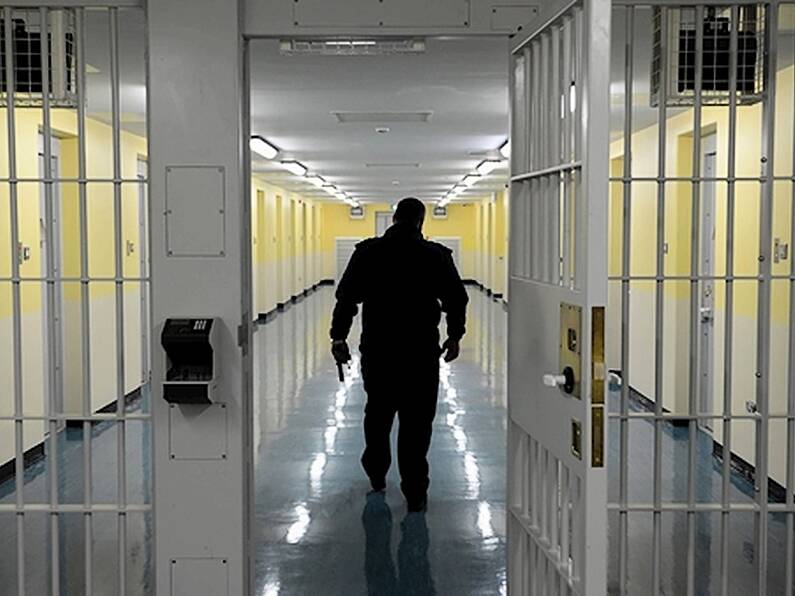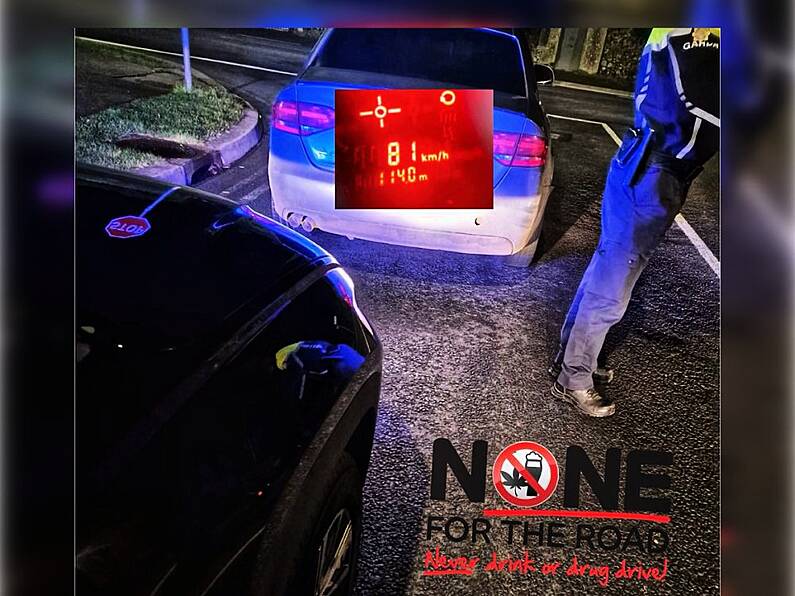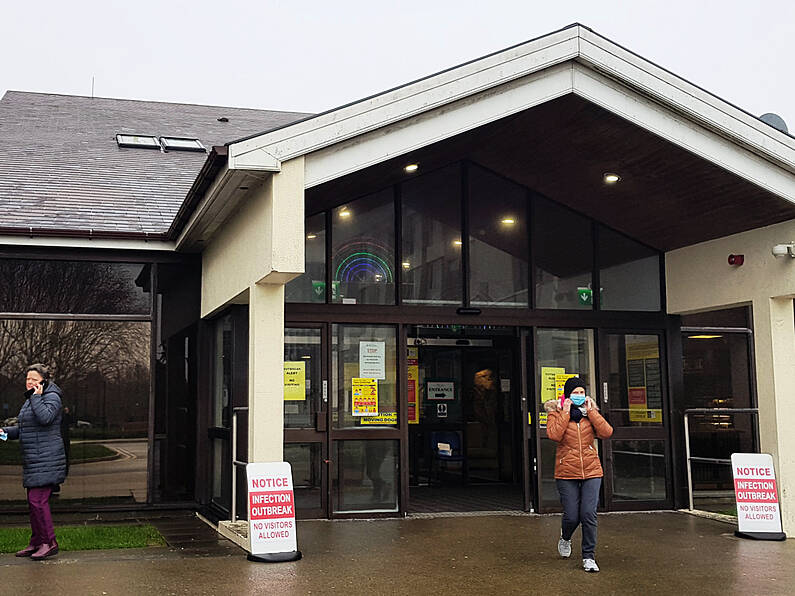Five prison officers have come forward to make sexual harassment protected disclosure complaints since last summer amid concerns over the safety of staff in their workplace.
The Irish prison service confirmed the protected disclosures have been made since July 2018 in addition to four other cases which are currently being examined by officials.
In a wide-ranging 22-page letter to the Dáil's public accounts committee responding to previously unanswered TD questions, the Irish prison service said it is aware of nine sexual harassment complaints over the past two years.
While giving no details on where the alleged incidents occurred, what was involved, and what if any disciplinary action has since been taken, the Irish prison service confirmed five cases have been made under new protected disclosure rules - while four other are already being examined.
"There are currently four cases of alleged sexual harassment under review within the Irish prison service. One case commenced in 2017 and the remaining three in 2018.
"Since July 2018 when the revised protected disclosure policy was introduced, the prison service has received five protected disclosures," the letter read.
The revelations are likely to lead to fresh concerns over the safety of staff in Irish prisons, and about the culture within the workforce in prisons.
In the same letter, the Irish prison service also confirmed while 250 prisoners are "ordinarily" receiving care for mental health and drug addiction.
The letter also said that between 61% and 79% of the prison population has some form of alcohol or drug addiction. However, it added this mental health and addiction information is based on records that are up to 16 years old.
The national forensic mental health services has confirmed its current caseload includes up to 250 patients who are ordinarily in the custody of the Irish prison service.
"Information on the level of mental health conditions in the prison population is derived from studies done in 2003 and 2005 which found that drugs and alcohol dependence were by far the most common problems, present in between 61% and 79% of prisoners," it read.
The Irish prison service letter said among the most common addictions are those involving alcohol, benzodiazepines, cannabis and other stimulants.
However, it added that while the service has access to a "limited" number of beds at the central mental hospital, they are only for use by prisoners with a "severe" mental health condition - with between 20 and 30 prisoners placed there at any one time.






